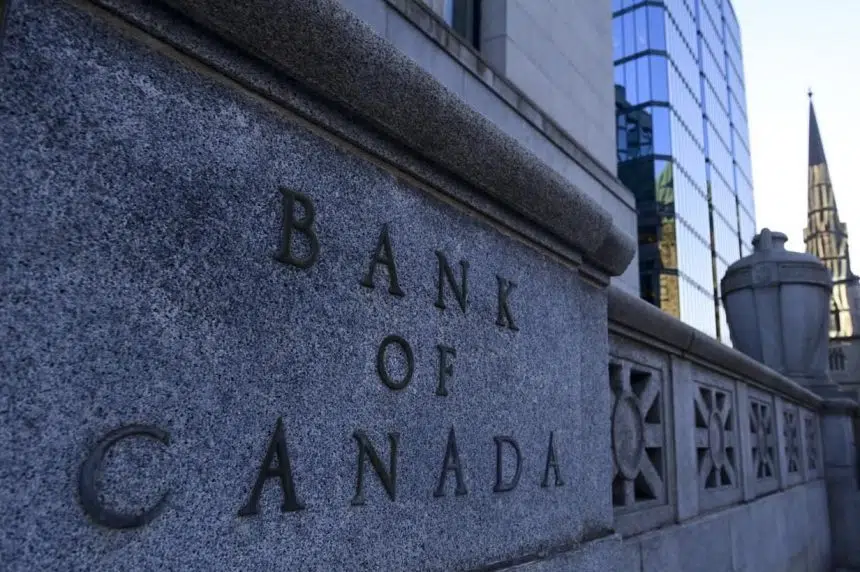Canada’s key interest rate has reached its highest point since 2008.
On Wednesday, the Bank of Canada raised the interest rate by half a percentage point to 4.25 per cent. It’s the seventh straight rate hike since March as the bank tries to deal with inflation across the country.
“Inflation around the world remains high and broadly based,” the bank said in a media release. “Global economic growth is slowing, although it is proving more resilient than was expected at the time of the October Monetary Policy Report (MPR).
“In the United States, the economy is weakening but consumption continues to be solid and the labour market remains overheated. The gradual easing of global supply bottlenecks continues, although further progress could be disrupted by geopolitical events.”
The bank said inflation was 6.9 per cent in October, with large price increases for many of the goods and services people purchase. But things may be changing.
“Three-month rates of change in core inflation have come down, an early indicator that price pressures may be losing momentum,” the release said. “However, inflation is still too high and short-term inflation expectations remain elevated. The longer that consumers and businesses expect inflation to be above the target, the greater the risk that elevated inflation becomes entrenched.”
The bank said there’s “growing evidence” that higher interest rates are restraining demand in the economy.
Looking ahead, the Bank of Canada said its governing council will consider whether the interest rate needs to rise further.
“We are resolute in our commitment to achieving the two per cent inflation target and restoring price stability for Canadians,” the release said.
— With files from The Canadian Press







